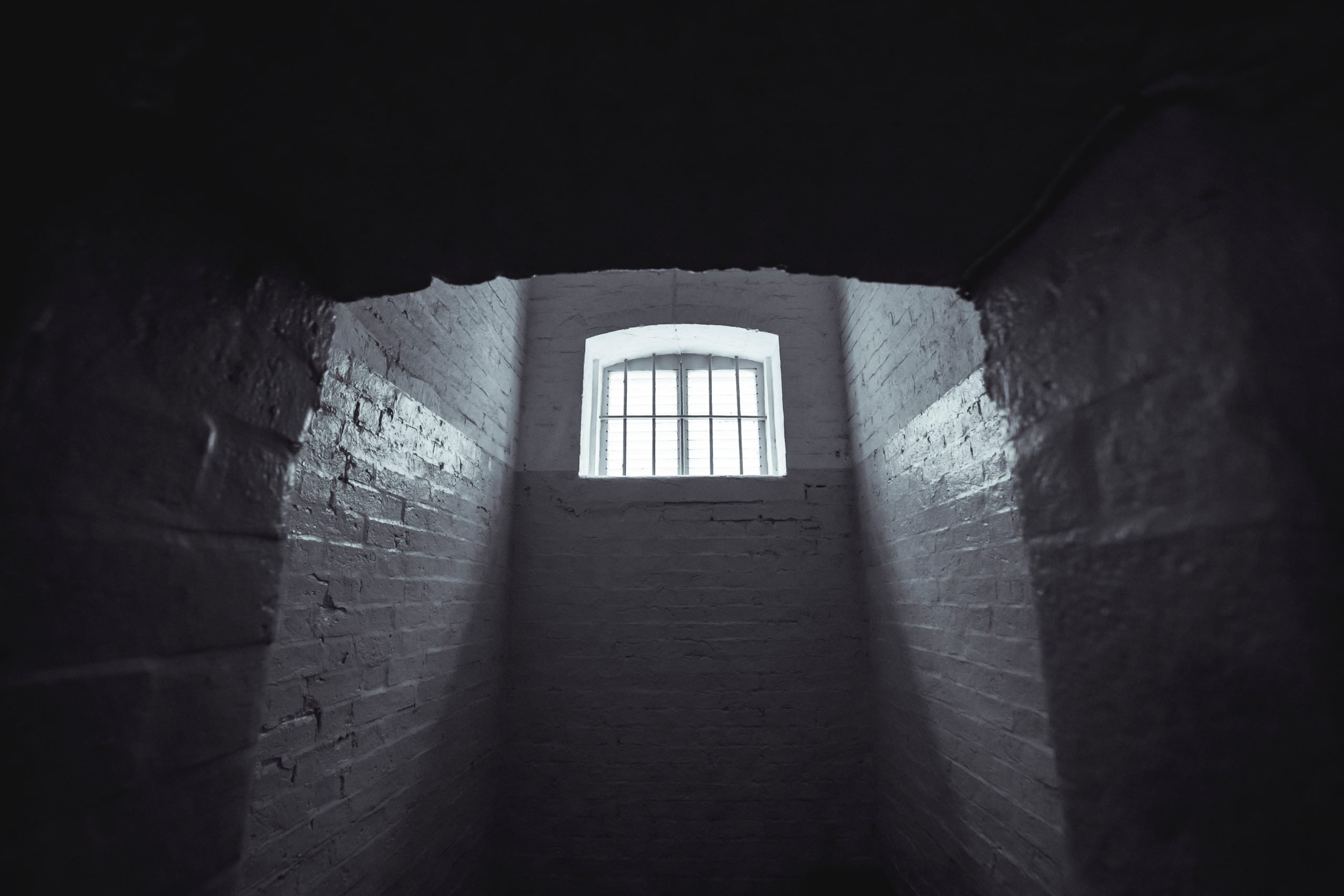Lithuanian MPs backed President Gitanas Nauseda’s amendments toughening punishment for crimes against the state, including life imprisonment, after the draft legislation was tabled for debate in the parliament on Tuesday.
The draft amendments the Criminal Code passed the first reading in the Seimas with 80 votes in favor, three against and 41 abstentions and will now head to parliamentary committees for further deliberation.
“The aim of this proposal is to prevent and establish proportionate criminal responsibility for deliberate and highly dangerous actions when individuals purposefully direct their efforts against our state and its people,” Andrius Kabisaitis, the president’s chief legal advisor, said while presenting the amendments.
Criminal punishments for anti-state activities have not been revised for 20 years and some are not in line with the present-day realities, according to the advisor.
“The need to amend the Code was driven primarily by changes in the current realities, and the emergence of new geopolitical threats and the intensification of existing ones. The experience of the war in Ukraine was also taken into account,” he told the parliament.
Kabisaitis noted that Lithuania’s intelligence agencies, in their 2023 annual national security threat assessment report, highlighted changes in the threat landscape.
“The assessment points to the obvious risk of possible crimes against the state, unfriendly states’ efforts to collect a wide range of information, not only just state secrets, but also other circumstances related to national security,” the advisor said.
“Hostile states such as Russia and Belarus seek to influence democratic processes in Lithuania, using not only (their) citizens or diplomats living in Lithuania, but also Lithuanian citizens,” he added.
The draft amendments call for imposing life imprisonment for organizing or participating in a coup d’état, which is currently punishable by up to 20 years in prison.
Under the bill, collaboration with an occupying power should be punishable by prison terms of up to 15 years, instead of up to five years currently, and participation in the activities of anti-constitutional groups and organizations should be punishable by prison terms ranging from five to 15 years, instead of the current three to ten years.
The president proposes prison sentences ranging from eight years to life imprisonment for persons involved in an armed organization with the intent to change the constitutional order of Lithuania or violate its territorial integrity, and 12 years to life imprisonment for the organizers of such groups.
Under the draft, criminal liability would apply to the seizure, purchase or other form of collecting official secrets and other information that could be used to undermine fundamental constitutional values, with the aim of transferring it to foreign intelligence authorities.
Currently, imprisonment of up to 15 years is only applicable for the seizure of a state secret with intent to transfer it to a foreign state.
The parliament’s legal experts and some politicians doubt whether the proposed harsher punishments for collaboration are proportionate to the gravity of the criminal activity.
Source: BNS.
(Reproduction of BNS information in mass media and other websites without written consent of BNS is prohibited.)

















